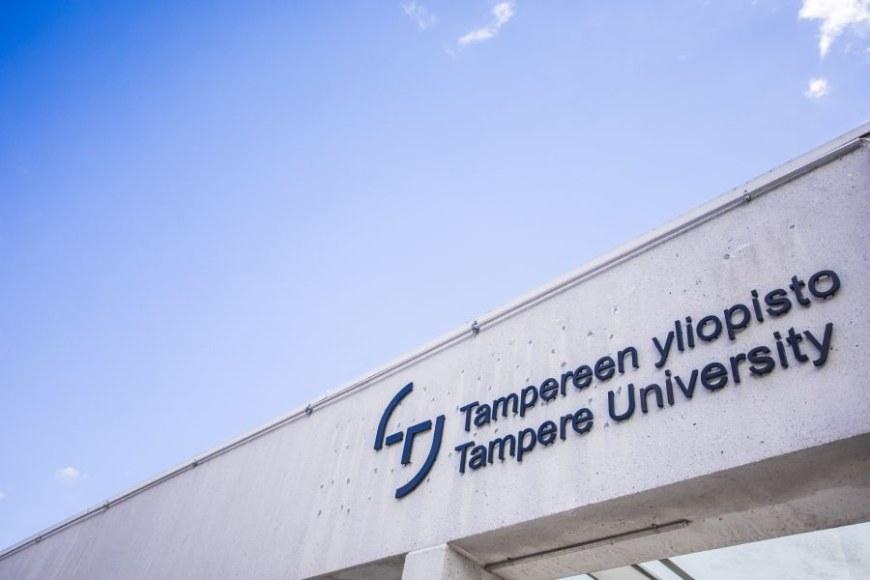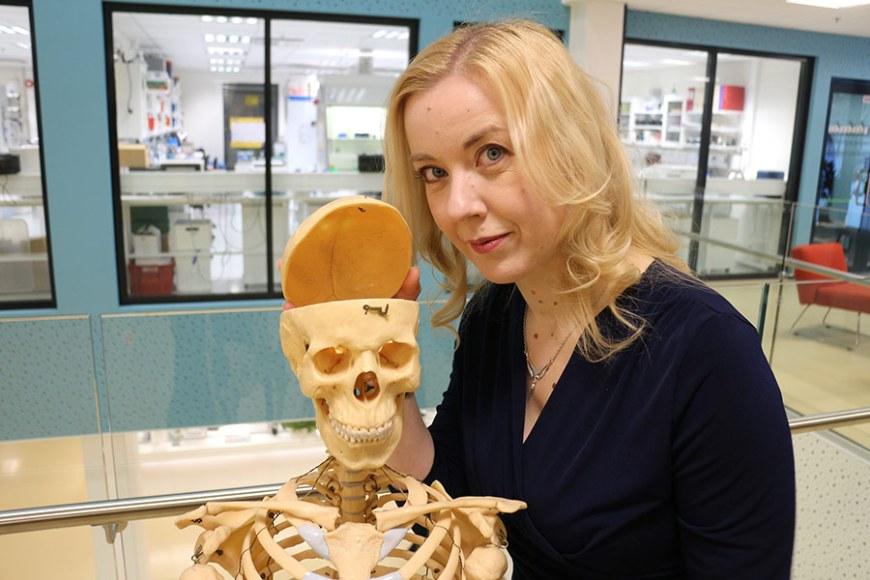Tampere University’s 2020 financial statement: good results were achieved in terms of research, education and societal impact in the year of the pandemic, but the financial deficit increased

Tampere University’s strategy spanning to the year 2030 was confirmed at the beginning of 2020. As set out in the strategy, the new multidisciplinary Tampere University brings together research and education in technology, health and society. Together with our partners, we create solutions to tackle climate change, protect the natural environment and improve the well-being and sustainability of societies. Our purpose is to work together to build a sustainable world.
The year 2020 was to a great extent defined by the global Covid-19 pandemic. The restrictions that were put in place in March 2020 especially affected experimental research, international recruitment and mobility, and conferences and events. The extended period of remote working and learning took a toll on both our staff and students. A wide range of measures were implemented to support the well-being of our community.
Both the amount and use of competitive international research funding increased from the previous year in line with the University’s strategy. We received funding from all the Academy of Finland’s research councils and the Strategic Research Council. New grants were secured, among other things, for Covid-19 research and the development of research infrastructures. The quality of our scientific publications increased, and a growing share of our publications were made openly accessible. As a result of the pandemic restrictions, the use of competitive research funding declined as a whole from the previous year. Many funding agencies agreed to extend project deadlines.
In 2020, Tampere University awarded 4,289 degrees in ten fields of study. Master’s degrees made up 2,237 and scientific doctoral degrees 192 of all the degrees taken. The fields of engineering (711) and social sciences (494) accounted for the majority of master’s degrees. A total of 176 students graduated with a degree in medicine or health and welfare. What highlights the scale, impact and multidisciplinary nature of our education is the fact that there were also several other fields of study where the number of master’s degrees was in the 100–200 bracket. Overall, the number of master’s degrees we awarded increased from previous years.
The number of first-choice applicants seeking admission to our degree programmes grew by more than 1,000 from the previous year, illustrating the attractiveness of our education. Applications to our English-language programmes rose significantly following the introduction of the new multidisciplinary Bachelor’s Degree Programme in Sustainable Urban Development, implemented as a collaborative effort between three faculties.
In 2020, Tampere University and Tampere University of Applied Sciences entered into a partnership with the City of Tampere and Yle, Finland’s national public service broadcasting company. In addition, we built stronger partnerships with a number of companies. The University’s Advisory Board for Relations with Working Life supported our efforts to strengthen collaboration with working life.
Our academic staff contributed research-based knowledge to support policymaking in different sectors of society, among other things, by drawing up statements, holding advisory roles in governmental committees and serving on numerous working groups. Experts representing our three priority areas frequently appeared in national and international media.
Financial strain due to Covid-19 restrictions and development activities relating to the university merger
The Board of Tampere University Foundation that operates as Tampere University confirmed the 2020 financial statement on 21 May 2021.
The operating revenue amounted to €315 million in 2020. The University received €193 million in funding from the Finnish government. Major external funding sources were the Academy of Finland (€36.4 million), the EU and Business Finland (€11.4 million from both). The revenue generated from business activities amounted to €19.8 million.
Operating expenses for 2020 totalled €331 million. The largest items of expenditure were personnel costs (€215 million) and rental costs (€39.7 million).
What particularly strained finances in 2020 was the delay in the use of competitive research funding due to Covid-19 restrictions and the costs incurred as a result of development activities that were carried out relating to the university merger. The deficit for core operations amounted to €16.1 million, which was more than expected. However, due to investment income and adjusting entries, the University’s overall reported bottom line for 2020 shows a surplus of €5.5 million.
Greater emphasis placed on strengthening core operations in the next few years
“Tampere University is well positioned to pursue continuous improvement in research and education, interaction with society and the delivery of impact. Although the Covid-19 crisis interrupted the progress made in internationalisation and delayed experimental research, we expect things to return to normal once our society is reopened,” President Mari Walls says.
Walls states that owing to the deficit for core operations, the changes made to the funding model for universities by the Ministry of Education and Culture for the term 2021–2024 and the challenges facing public sector spending, the University will need to make clear strategic choices, take high-impact actions and monitor their effects.
“As set out in our strategy, the University is committed to strengthening its core functions – research, education and societal interaction. To support this goal, it is important to develop the campus facilities in accordance with our campus development strategy, reform service functions and tap into the full synergy benefits of the university merger,” Walls notes.
“In the changing higher education landscape, external funding and the quality thereof will become increasingly important. To build a strong future for the University, is also important to prioritise new research initiatives, the development of expertise and the University’s research and learning environments when allocating investment income.
Read more: Annual Review of Tampere University 2020
The annual review looks back on 2020 and reflects on Tampere University’s research and education, contributions to society, commitment to sustainable development and records the activities and statistics of the seven faculties and the two university consortia which the University coordinates.





